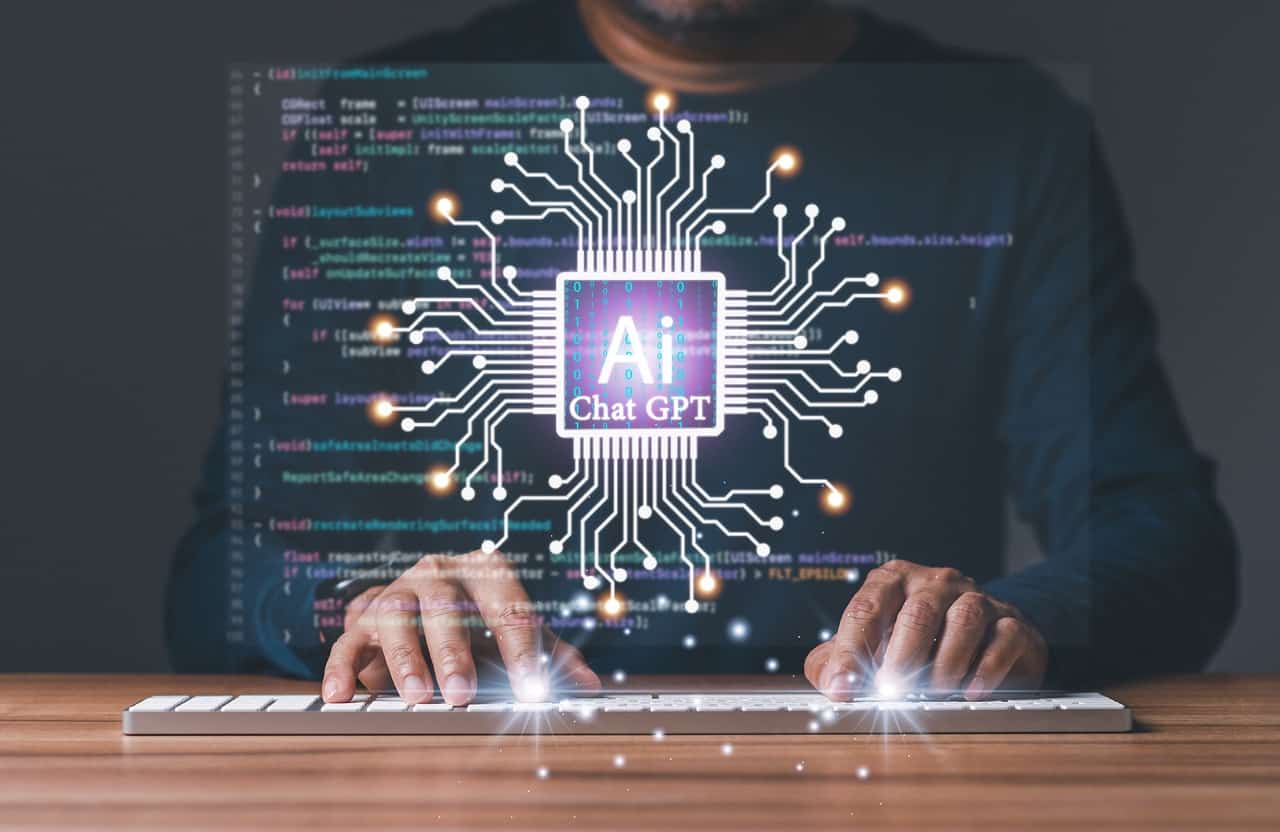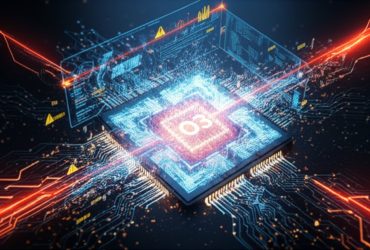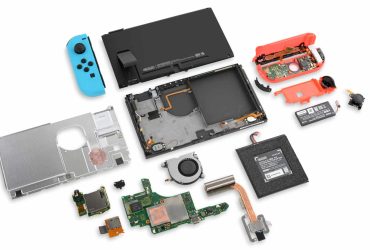Trump Revokes Biden’s AI Risks-Related Executive Order

Contents
The topic of AI regulation worldwide remains unclear. Efforts to create related legislation quickly become obsolete in the face of the ever-emerging artificial intelligence capabilities and possibilities. Now, the Trump administration has revoked a Biden executive order concerning the study of potential risks in AI implementation.
Biden’s AI security and risks-related law revoked by Donald Trump
If you are not aware, former President Joe Biden signed a law that required developers of AI products to report the results of strict security tests. The bill mandated that US officials receive the test results prior to their public release. It was also necessary to come up with protocols or measures for situations in which using that AI system could cause chemical, biological, radiological, nuclear, or cybersecurity risks.
The law, framed in the Defense Production Act, applied to AI systems that represent a potential risk to national security, the economy, or public health. That said, its critics considered the reporting requirements to be too onerous. They could ultimately lead to delays in the development of new AI platforms and services that, in the long run, could cause the United States to fall behind in the segment.
One of the promises of the Republican platform for the 2024 elections was the repeal of that law. Now, Donald Trump, the new president of the United States, has revoked Biden’s AI-related executive order of 2023.
A response to requests from AI local companies
In recent weeks, prominent names in the AI industry have been warning the US government about China’s rapid advance. Beijing getting ahead of the US in the segment could represent a national security risk. Plus, American tech could also become less attractive and competitive in the market.
Sam Altman, CEO of OpenAI, and Brad Smith, Microsoft’s Vice Chairman and President, have expressed themselves in this vein. Both said that the US government should do everything it could to help the local AI industry. Support should come in the form of funding, attracting foreign investment, and less regulation, they believe. So, Donald Trump’s move seems to be going in this direction. Other recent measures by the previous administration also sought to hinder China’s access to AI-related hardware.
What’s your reaction?
Love0
Sad0
Happy0
Sleepy0
Angry0
Dead0
Wink0











Leave a Reply
View Comments